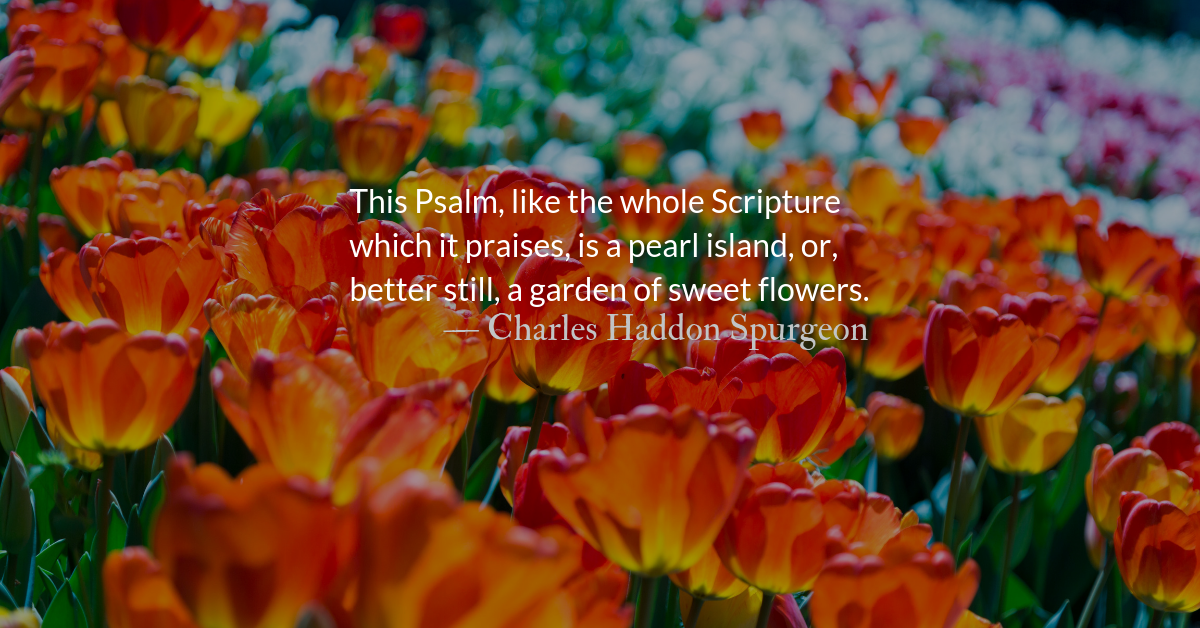Scripture Focus: Deuteronomy 34.4-12
4 Then the Lord said to him, “This is the land I promised on oath to Abraham, Isaac and Jacob when I said, ‘I will give it to your descendants.’ I have let you see it with your eyes, but you will not cross over into it.” 5 And Moses the servant of the Lord died there in Moab, as the Lord had said. 6 He buried him in Moab, in the valley opposite Beth Peor, but to this day no one knows where his grave is. 7 Moses was a hundred and twenty years old when he died, yet his eyes were not weak nor his strength gone. 8 The Israelites grieved for Moses in the plains of Moab thirty days, until the time of weeping and mourning was over. 9 Now Joshua son of Nun was filled with the spirit of wisdom because Moses had laid his hands on him. So the Israelites listened to him and did what the Lord had commanded Moses. 10 Since then, no prophet has risen in Israel like Moses, whom the Lord knew face to face, 11 who did all those signs and wonders the Lord sent him to do in Egypt—to Pharaoh and to all his officials and to his whole land. 12 For no one has ever shown the mighty power or performed the awesome deeds that Moses did in the sight of all Israel.
Reflection: God’s Work Across Generations
By Makayla Payne
The beauty and wonder of Moses’ ministry were real. God used him to free the Israelites from Egyptian slavery and to cross the Reed Sea on dry ground. He brought God’s people the Ten Commandments and spoke with God face to face. (Deuteronomy 34.10) God even tenderly buried him in a place only he knew. This passage acknowledges the significance of his life in advancing God’s plan. Moses’ ministry is worth remembering, and the end of his life is worth grieving.
The final chapters of Deuteronomy make clear that Moses’ absence didn’t mean God was absent. Just a few pages prior, God promised to always be with his people. (Deuteronomy 31.6) This is God’s mission, not Moses’. God was always the source of Moses’ ministry, from beginning to end. God’s work is never dependent on any one person.
Chapter 34 brings Deuteronomy, the Torah, and the life of Moses to a close, Walter Brueggeman notes. As Moses looks out at the Promised Land, his assignment is now complete. God is the one who will lead his people into it, just as he was the ultimate one who delivered them from slavery and sustained them in the wilderness.
Even as this passage hones in on the specifics of Moses’ ministry, it also zooms out to remind us of God’s sweeping plan. This land was promised before Moses even came into the picture. (Deuteronomy 34.4) The story began with Abraham and Sarah. It moved on to Isaac and Rebekah, Jacob and Leah. On and on it went, as the genealogies remind us. The Israelites would now see God continue his work under Joshua’s leadership.
As we consider our own lives, the grief we feel after a good leader dies is honorable and even necessary. Yet, that grief need not turn into hopelessness. The miraculous rescue of baby Moses from the Nile shows how eager God is to raise up leaders of integrity and justice.
God is always at work in the next generation. His plan spans across transitions, leaders, cultures, and times.
Thank you, Father, Son, and Spirit, for the faithful lives of good leaders who’ve gone before us. Give us grace and strength to live well in the particular time and place you’ve called us, as Moses did. Give us courage to persevere amidst grief as Joshua did, for it’s the same Spirit who lives in us today. Amen.
Divine Hours Prayer: The Refrain for the Morning Lessons
The Lord has sworn an oath to David; in truth, he will not break it:
“A son, the fruit of your body will I set upon your throne.” — Psalm 132.11-12
– From The Divine Hours: Prayers for Summertime by Phyllis Tickle.
Today’s Readings
Deuteronomy 33-34 (Listen6:35)
Romans 13 (Listen 2:35)
Read more about Faith of a New Generation
Identifying the spiritual and social flaws of the past is important…new generations follow God’s lead with faith refined.
Read more about Josiahs Need Zephaniahs
If we long to see youth, like Josiah, rise up to lead revival instead of abandoning faith, we need to be like Zephaniah.








